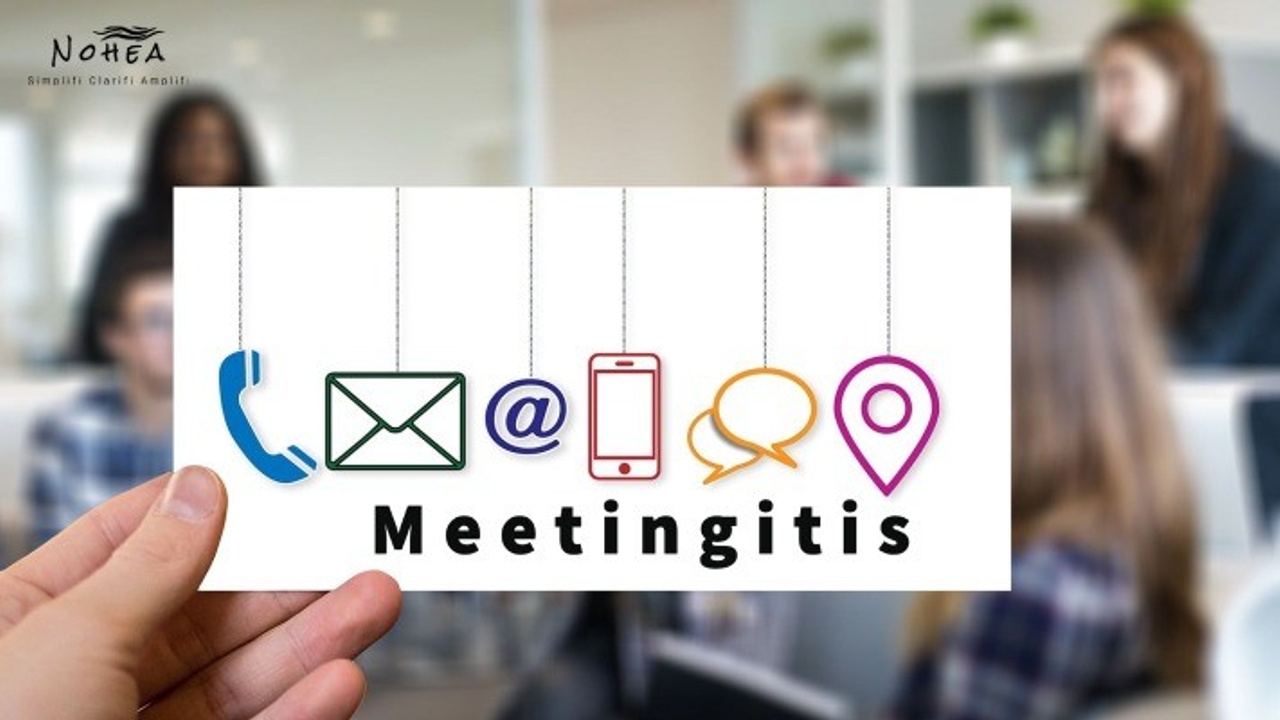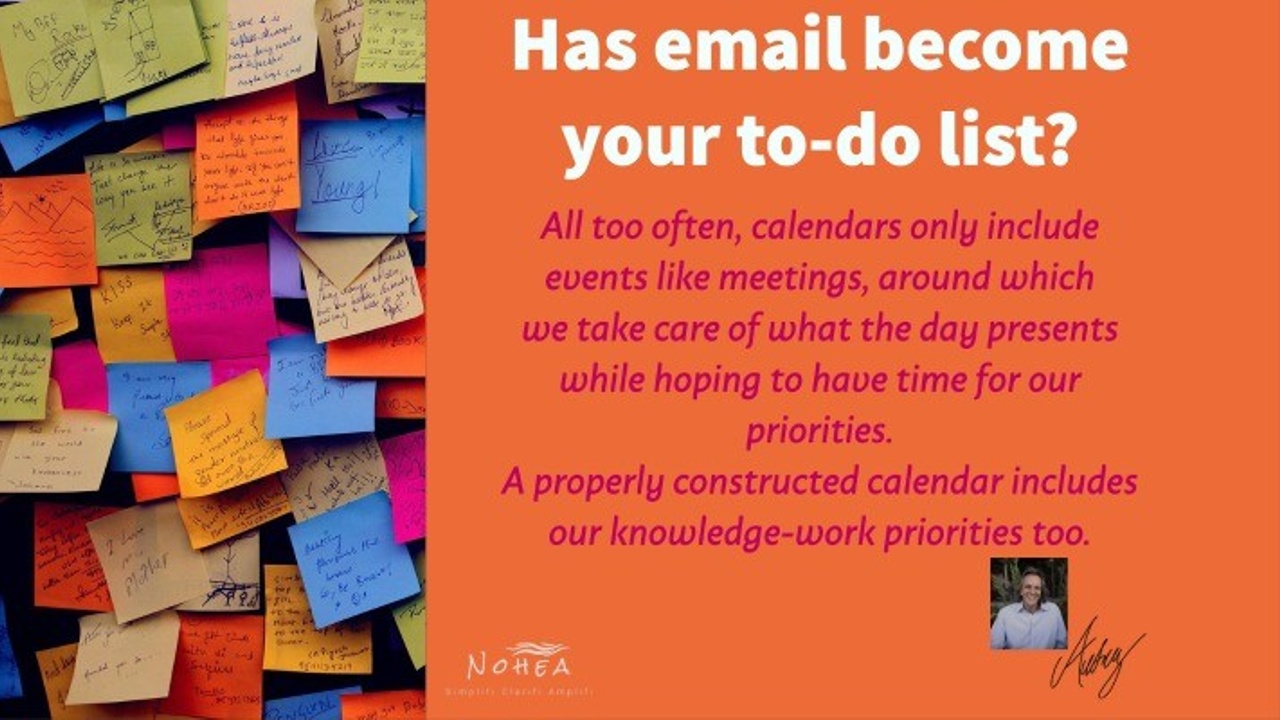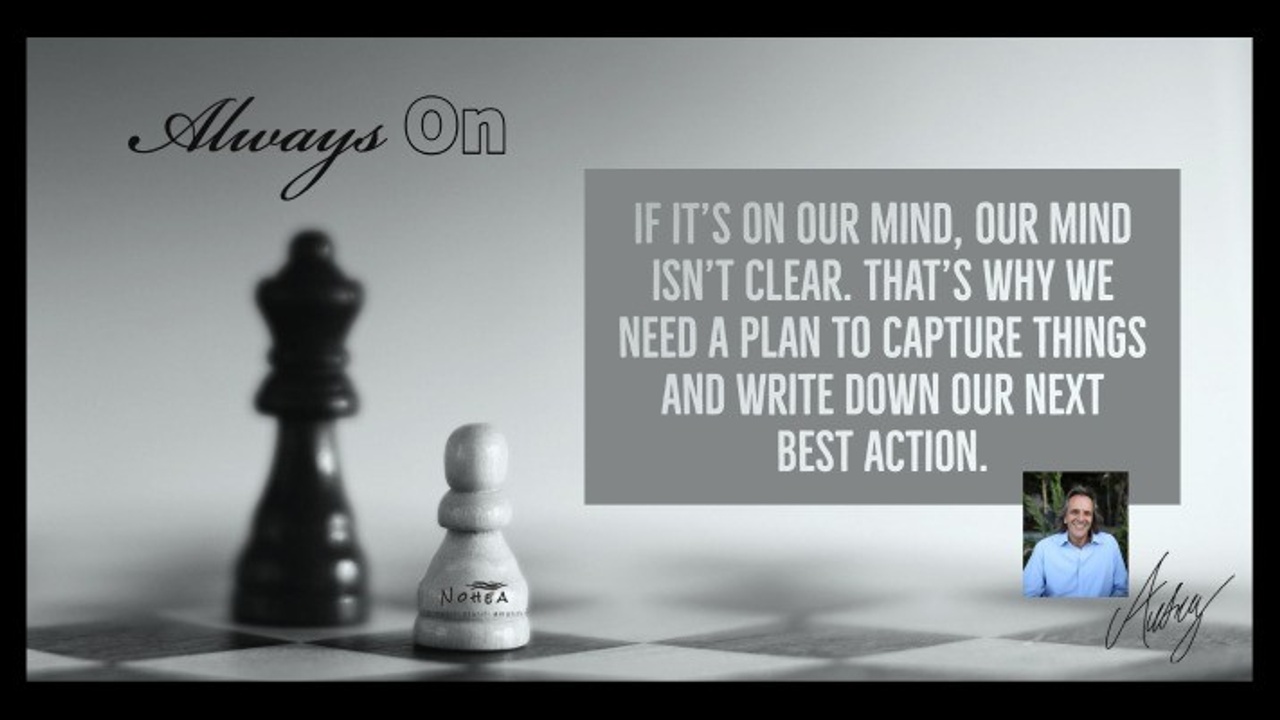Gradually, Gradually, and then Suddenly

Do you want to create something new?
Maybe it's simply a form that you feel could be improved, or perhaps it's something larger like implementing a bring forward system in faculty meetings.
It's always tempting to just do it, which, of course, is fine if you are the only person this affects in the foreseeable future.
But even the smallest stone creates ripples in the water.
Letting people know about a change you are thinking about making might help you or them to improve more than the item that currently holds your focus.
What if a tab you are adding in a spreadsheet might save time and eliminate headaches for others if you included a drop-down menu or date-picker?
We won't know if we go it alone.
Little things add up to big things.
Gradually, gradually, and then suddenly we have something special.
Teamwork makes the dream work. (John Maxwell)
If you want to go quickly, go alone. If you want to go far, go together.

The 2-Minute Rule

Is your mind filled with little things that need to be done? Do you cringe or uncomfortably joke about the number of emails in your inbox?
The 2-minute rule is a simple strategy for those with complex goals and a ton of stuff coming at them.
There are many variants of the 2-minute rule but the original source is David Allen’s Getting Things Done. At the core of the GTD Method is the main tenet that we should get everything out of our heads and into a paper or digital system.
If a task will take less than two minutes, then the time spent adding it to a system will exceed the time it takes to complete the task. Logically, we should just complete the task.
It’s surprising the number of things we put off that we could get done in two minutes: emptying the dishwasher, adding paper to the copier, responding to an email, paying a bill, and a multitude of other daily tasks.
In Atomic Habits, James Clear extends the 2-minute rule to focus on taking action and letting things flow. When you ...
We Don't Have To Be Nutella

Do you find yourself saying yes to helping people when deep down you know you should say no?
Taking care of others isn't just something we like doing; it is in the DNA of an effective office team.
The best way to find yourself is to lose yourself in the service of others. (Mahatma Gandhi)
We're wired to say yes as individuals and certainly, we want a culture where everyone is eager to support one another.
We can still lose ourselves in the service of others by saying no to those few who go beyond what we value.
Whether real-life or social media, chasing likes would be exhausting.
And shouldn't we make decisions based upon principles and not preferences?
We don’t have to be Nutella.
Not everyone needs to like us.
And what is the value of our yes, if we never say no?
Saying no to what's wrong means saying yes more often to what's right.

Meetingitis

Have you ever sat in a meeting and wondered, "couldn't this have just been an email?"
We all have.
And most certainly we've all led or contributed items in a meeting with information that could have been better delivered without a captive audience who are all facing their own time-crunches.
Of course, there are times a leader needs to deliver information or a tough message with clarity, but common sense tells us that if we're going to bring people together, in most cases, it should be for shared expertise and contribution.
Uncommon sense maybe?
Other than delivering information ahead of time in an email, there are other tools we can use. And this doesn't have to only be for big staff meetings. In fact, the battle with meetingitis can be won in small teams in offices too!
Some teachers flip their lessons. Where it makes sense, they use tools like Screencastify or Loom so their students can watch the lesson and spend time in the classroom asking questions.
It's so easy. Especial...
Replace Negative Loops with a Highlight Reel

In 2005, the National Science Foundation published an article that found the average person has about 12,000 to 60,000 thoughts per day, of which 80% are negative, and 95% were repetitive thoughts from the previous day.
Our minds too often focus on the negative, and even worse, create a playlist that loops daily.
Another study that same year (Leahy, Study of Cornell University), identified 85% of our worries never materialize and that 97% of our worries are baseless.
Not all negative thoughts are created equally. Being aware of danger can help us survive, but most negative thoughts only serve to create pessimism and useless drama.
Watch your thoughts; they become words. Watch your words; they become actions. Watch your actions; they become habit. Watch your habits; they become character. Watch your character; it becomes your destiny. — Lao Tzu
So how can we surface and nurture positive thoughts?
The highlight reel, an exceptionally powerful tool from David Nurse's book, Pivot ...
The means or the end?

No plan ever survives its collision with reality.
We often coach well-intentioned leaders who are serial planners. Inevitably when we try to drive home the point that someone actually needs to do the work, we will start with a smile and the phrase no plan ever survives a collision with reality.
But we’re not going to say this anymore.
Because for the serial planner, it's simply not true.
The inertia that plagues many school districts and schools is all too often poorly masked by lofty, beautifully crafted, and jargon-filled plans and mission statements that aren’t affected by reality.
Many well-intentioned plans lose track of the very problem that is being solved and become the end and not the means.
The very best plans are malleable and adjust to the needs of the students, teachers, and community. Plans should be active documents and if they are printed, they should be dog-eared and wear their fingerprints and coffee stains proudly.
Many years ago, a well-traveled priest was presenting...
Has email become your to-do list?

In many ways, email is a to-do list created by others.
When someone sends us an email with a request, what do we typically do? Probably something like this:
- We read and internalize the message 🤨
- We check our calendar 📆
- A helpful inner angel leads us to say “yes” 👼🏼
- And eventually, we feel stressed because there isn't enough time to do our most important work and far too much coming at us 🙉
A 15-minute meeting with myself every week to proactively review next week's priorities and place them in a calendar can help us say “no” to things that aren’t important to us. We can overcome much of the pressure to say ”yes” with one glance at our calendar.
All too often, calendars only include events like meetings, around which we take care of what the day presents while hoping to have time for our priorities.
A properly constructed calendar includes our knowledge-work priorities too.
When we get a request from someone, a calendar with purposefully constructed time-blocks forces us t...
Always On

Do you feel like there's a lot of stuff coming at you?
If so, you might be suffering from the always-on conundrum.
You know that feeling that something will come at you at any time or that awful persistent thought that you might be missing something?
It's hard to put edges on our work in the information age.
Just fifteen or twenty years ago, people could parcel off pieces of their lives. Not completely of course, but enough to have some peace of mind when spending time with family and friends.
Thus we have the conundrum.
If we try to compartmentalize our work and home, we probably make the noise worse, because of something called ironic process theory: The more we try to not think of something, the more that thing is cemented into our brains.
You may have read studies on this using a white bear or a pink elephant.
Give it a try.
Don't think about a pink elephant!
While one part of the brain is shutting out thoughts of the pink elephant, another part helpfully reminds you that...
Illuminate

A leader who doesn't empower people to dig into issues or take the time to build consensus creates a culture of parking lot conversations and hallways filled with whispered negativity.
Power illuminates strengths and weaknesses in areas that can be improved, like skills and tasks. And it also illuminates those things ingrained in the leaders that are very likely to never change like empathy, integrity, and engagement.
“With great power comes great responsibility.” (Voltaire)
And it can be difficult to identify those who have the qualities necessary to both pursue and nurture an exceptional culture.
The founders of Western Philosophy (Socrates, Aristotle, and Plato) subscribed to a belief wherein the few wisest should be permitted to rule. One problem is, of course, gaining agreement on who is the wisest.
But even if we could choose the wisest leaders, what if the person with power lacks integrity or is simply an unkind or apathetic person?
Herein lies the problem: how do we selec...
Smooth Stones

It sure would be wonderful if we could avoid the bumps, bruises, and pain that comes with growing, right?
Or would it?
In good times, we don't move until we're uncomfortable, much like we might wait until we're actually shivering before we put on a sweater. Often, some of our best results come from discomfort or even pain.
Every problem introduces a person to himself. (John McDonnell)
Imagine a rapidly flowing river replete with jagged rocks on the edge and smooth stones under the surface.
The stones are worn down by bumping up against one another and the water that rushes over them. Their beauty is amplified by sharp contrast to the roughly edged rocks sitting on the periphery, relatively unscathed.
The smooth stones weren't always smooth; it took many tumultuous years in the most powerful currents for them to be so polished.
Shortcuts?

Sure, you can buy a rock tumbler, but the result is just a bunch of smooth stones, without the beauty of the river and the latent potential ...

